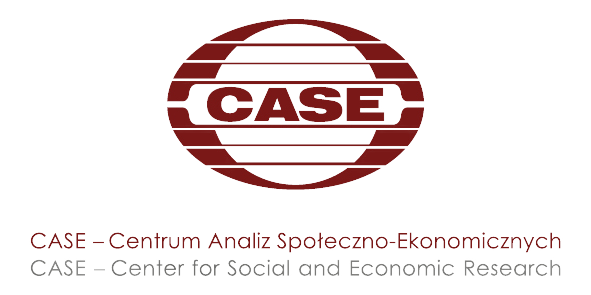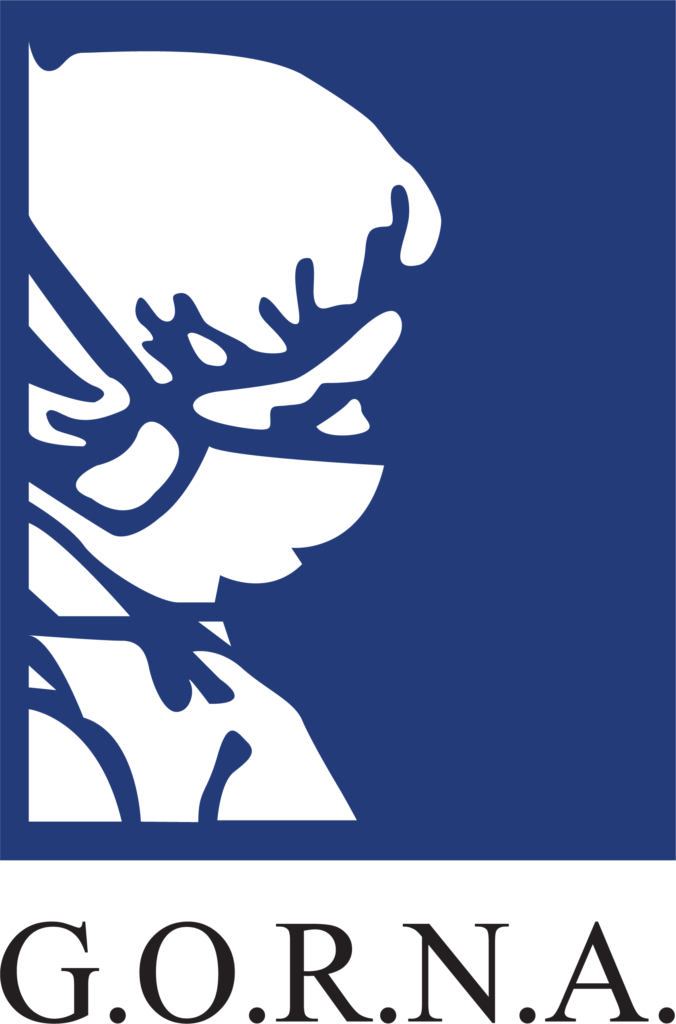Courses
This section includes training and courses created especially for healthcare and social care workforce to improve their digital competences.
The course consists of six Modules – each around 5 hours long – and covers the following topics:
- Module 1: Information and Data Literacy
- Module 2: Communication and Collaboration
- Module 3: Communication and Collaboration: Netiquette – Managing digital identity
- Module 4: Digital Creation for Health Care Providers
- Module 5: Digital problem solving
- Mοdule 6: Safety protecting devices, protecting personal data, and privacy
Click here for a full access to the Course
focuses on enhancing the abilities of trainers and educators in adult education to effectively teach key e-skills necessary for comprehending, utilizing, managing, and evaluating information and data.
The curriculum underscores the importance of understanding data across various sectors, such as business and healthcare, highlighting its role in informed decision-making and innovation. It covers critical digital literacy skills, including efficient online information searches, data and digital content evaluation for quality and reliability, and effective data management techniques for organizing and securely storing information.
The goal is to equip individuals with comprehensive digital competencies for improved communication, problem-solving, and collaboration in the digital age
covers six comprehensive lessons focusing on various aspects of digital technologies and their application in social life, including the use of computer-based information systems, interaction platforms (such as interactive whiteboards and communication tools), and the intricacies of data sharing and verification. It delves into the principles of digital services in society, addressing maintenance, information exchange, online civic engagement, and digital etiquette. Furthermore, it explores digital tools that enhance collaboration with specific features.
Upon completion, learners will have a deep understanding of digital technologies, including IT systems and telecommunications, and the means of digital communication like web services and professional messaging channels. They will grasp the significant role of information technology in healthcare, emphasizing digital communication in medicine, data sharing, and digital citizenship with a focus on telemedicine, health data systems, and artificial intelligence’s role in combating misinformation. Additionally, the module examines the transformation of traditional education through online learning, encouraging a thoughtful approach to integrating digital technologies into educational practices to meet evolving digital technological demands.
is divided into two main sections, focusing on the critical aspects of netiquette and managing digital identity across various online communication modes and professional sectors, particularly healthcare.
The netiquette portion of the module covers the essentials of appropriate behavior and communication online, addressing different communication platforms such as email, social media, video conferencing, and online collaboration. It emphasizes the importance of respect, cultural awareness, and maintaining a professional tone, alongside privacy, security considerations, and strategies to deal with negative behaviors like trolling. Special attention is given to the healthcare sector, stressing patient confidentiality, professionalism, legal compliance, and the benefits of netiquette education for healthcare professionals.
The digital identity management section delves into the theoretical framework and importance of digital identity in today’s digital world, highlighting challenges such as security risks and privacy concerns. It outlines best practices for securing digital identity, including strong passwords, two-factor authentication, and staying informed about security measures. Particular focus is given to the healthcare and social care sectors, emphasizing the need for secure digital identity management practices within these fields. Practical tips for managing digital identity in daily routines are also provided, helping individuals enhance their digital identity security and protect personal information.
By the end of the module, learners will have gained a thorough understanding of netiquette principles and their application in various online communication modes. They will know how to communicate clearly and professionally, maintain patient confidentiality, recognize cultural differences, and handle privacy and security in online interactions. Additionally, they will understand digital identity, implement best practices for its management, recognize challenges, and apply practical tips for securing their digital presence, especially in sensitive sectors like healthcare.
addresses the critical role of digital content creation in the health and social care sector, providing healthcare professionals with the knowledge and tools needed to produce impactful and engaging materials. It covers various facets of content creation, from the basics of constructing a visual brand using images, posters, and brochures, to the complexities of copyright and licensing, ensuring ethical practices and legal compliance in digital content production.
A specific focus is given to the power of video content, underscoring its importance in patient education, health promotion, and medical communication. The transformative role of video in healthcare allows professionals to effectively engage with their audience, making complex medical information more accessible and understandable.
Additionally, the module highlights the significant impact of social media in healthcare, illustrating its potential to bridge the gap between healthcare providers and the public. It discusses how social media can be strategically used to enhance health education, raise awareness on health issues, and build meaningful connections with patients and the wider community. Through practical insights and strategies, healthcare professionals are equipped to leverage social media platforms to disseminate health information, offer support, and inspire healthy lifestyle choices among the public.
delves into digital problem-solving in healthcare and social care, covering four main areas: solving technical problems, creatively using digital technologies, development of digital technology, and identifying digital competence gaps. It begins with practical strategies for diagnosing and fixing technical issues with devices and digital environments, using real-world examples. The course then encourages innovative thinking in applying digital tools to improve healthcare processes and products, and it underscores the importance of continuous learning and development in digital technology. Additionally, it guides learners in recognizing their own areas for improvement in digital skills and keeping pace with technological advancements. The structured lessons aim to equip healthcare professionals with the necessary skills to tackle technical challenges, foster innovation, and enhance their digital competencies for better service delivery.
delves into Digital Safety, emphasizing the protection of devices, personal data, and privacy within a digital environment, a topic of immense relevance in today’s digitally-driven world. Through both theoretical and practical lessons, learners will become more aware and adept digital users.
The course begins with an introduction to digital safety, exploring the benefits and risks associated with online presence, including cybercrimes and data breaches, to build awareness around the need for digital safety measures. Subsequent classes cover a range of essential topics: practicing good cyber hygiene through strong passwords, regular updates, and cautious online behavior; strategies for device protection, including screen locks, data encryption, and anti-theft tools; methods to safeguard personal data from hackers, focusing on responsible social media use and privacy settings; identifying and handling suspicious online content, such as phishing attempts and fraudulent websites; and finally, implementing security measures like secure browsing, using VPNs, and ensuring safe online transactions.
By the end of the module, learners are expected to possess comprehensive knowledge and skills to navigate and protect their digital presence effectively.
Each material is written in simple-user friendly form in order to make the course understandable for every single individual, regardless their level of advancement in digital skills.







